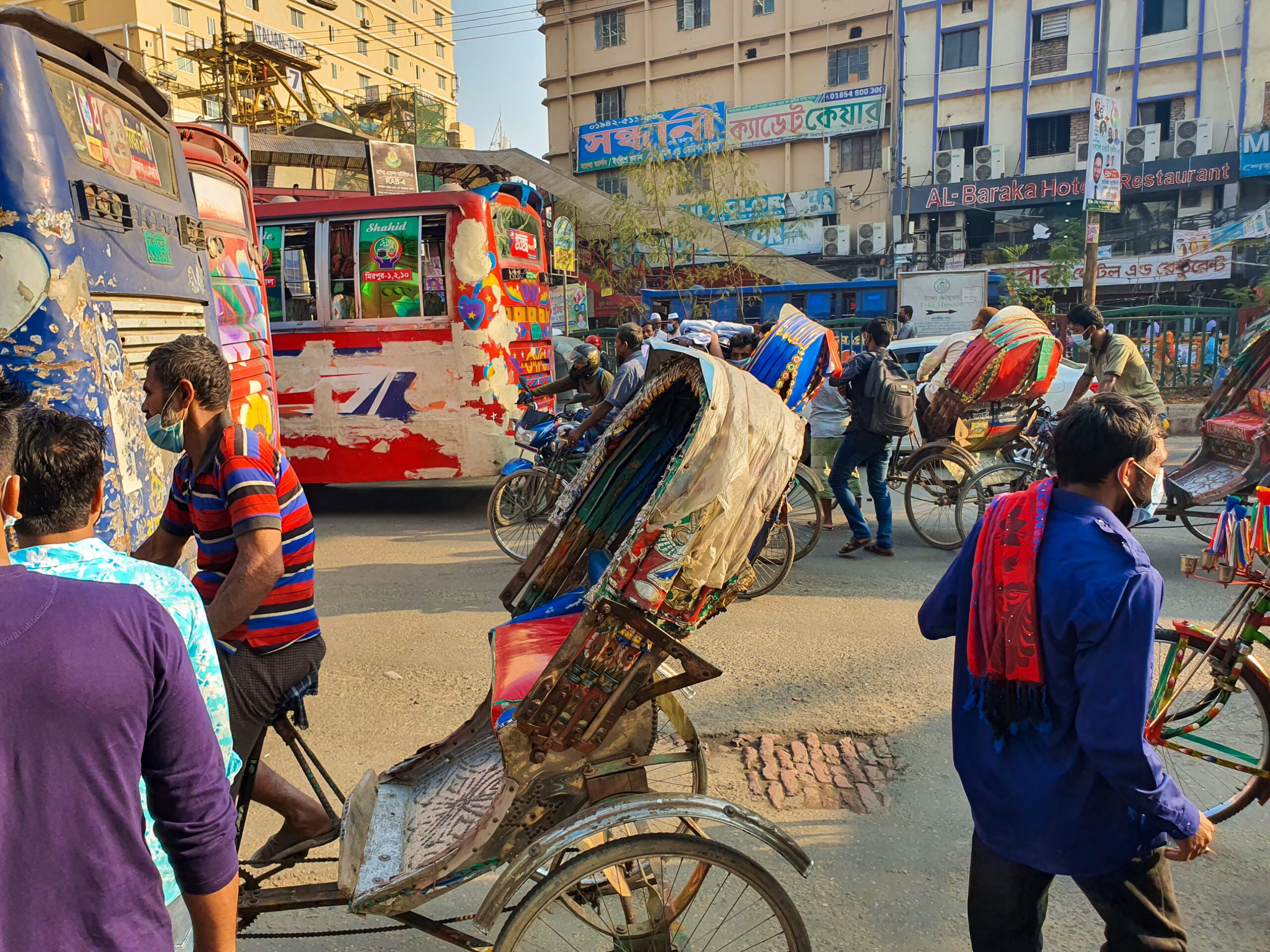
11 Apr Massive Bangladesh Mask Study Manipulated Data to Get a Favorable Result
For over a year I have been posting the truth that masks have minimal to zero benefit in stopping the spread of COVID-19. Thankfully more and more people are seeing the deceit. Though there is not a single high quality study showing the masks work to stop the spread, politicians persist in misleading the public. The December 2021 Bangladesh Study has many believing masks really do save lives. Just Facts Daily has analyzed the study and it is a shameful concoction of falsehoods and misrepresentations.
“With one exception, every gold standard study of masks in community settings has failed to find that they slow the spread of contagious respiratory diseases. The outlier is a widely cited study run in Bangladesh during the Covid-19 pandemic, and some of its authors claim it proves that mask mandates “or strategies like handing out masks at churches and other public events—could save thousands of lives each day globally and hundreds each day in the United States.”
In reality, the authors altered their study to exclude the data that could prove or disprove that very claim. This is a blatant violation of research ethics, and it biases the study to hide the harms of masks, which are far more common and serious than portrayed by governments and media outlets.”
The ethical lapses and data manipulation in the Bangladesh Mask Study are wake-up calls that we must all learn to dig to find the truth.
Uniting behind truth, refusing to accept the lies, and speaking out is the only way we can defeat the growing despotic rule.
The authors explain why Randomized Control studies are used and how, even that gold standard can be distorted to claim a desired outcome.
The Bangladesh mask study, published by the journal Science in December 2021, was a “cluster-randomized controlled trial.” In plain language:
- randomized controlled trials (RCTs) are studies in which people are randomly assigned to receive or not receive a certain treatment, like wearing a mask. This allows the study to control for every possible confounding factor, something that “is not possible with any other study design.” Thus, clinical research guides call RCTs the “gold standard.”
- cluster RCTs involve giving “the same treatment” to people who interact with one another, whether it be households, villages, workplaces, etc. This is useful for studies on masks because the “prevention of one infection in an individual can prevent a chain of subsequent transmission” to others.
In short, the basic study design was ideally suited to determine if masks work, but as will be shown, the execution and interpretation are not.
I urge you to read the report, Famed Bangladesh Mask Study Excluded Crucial Data.


No Comments